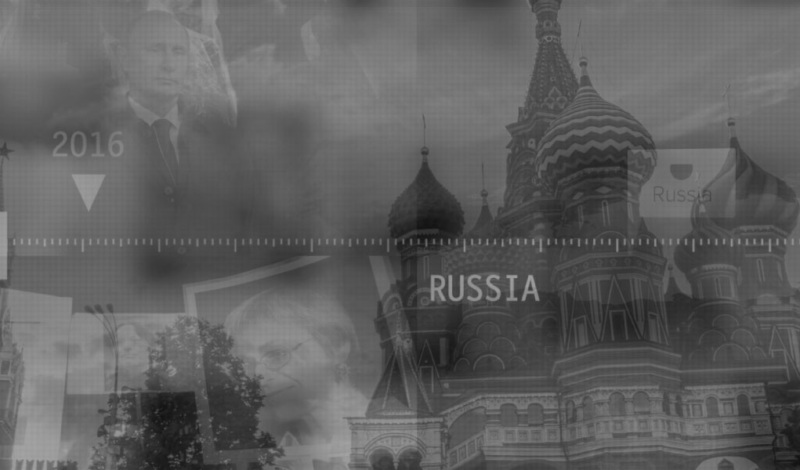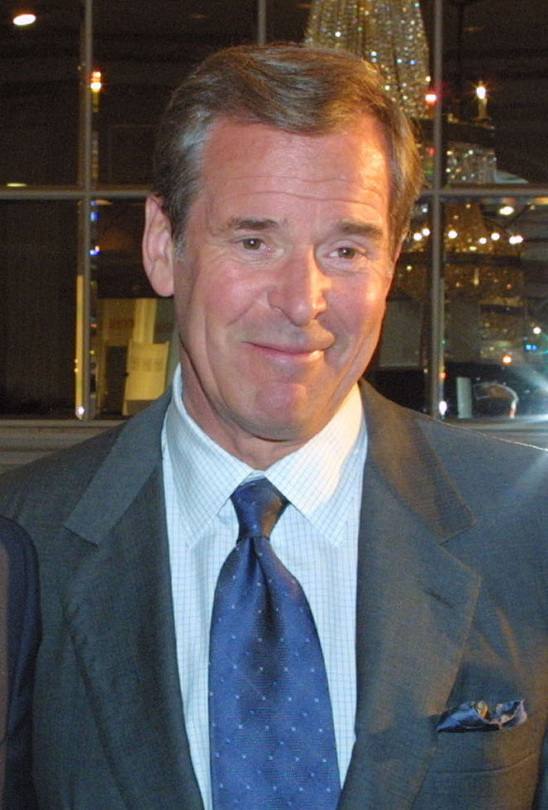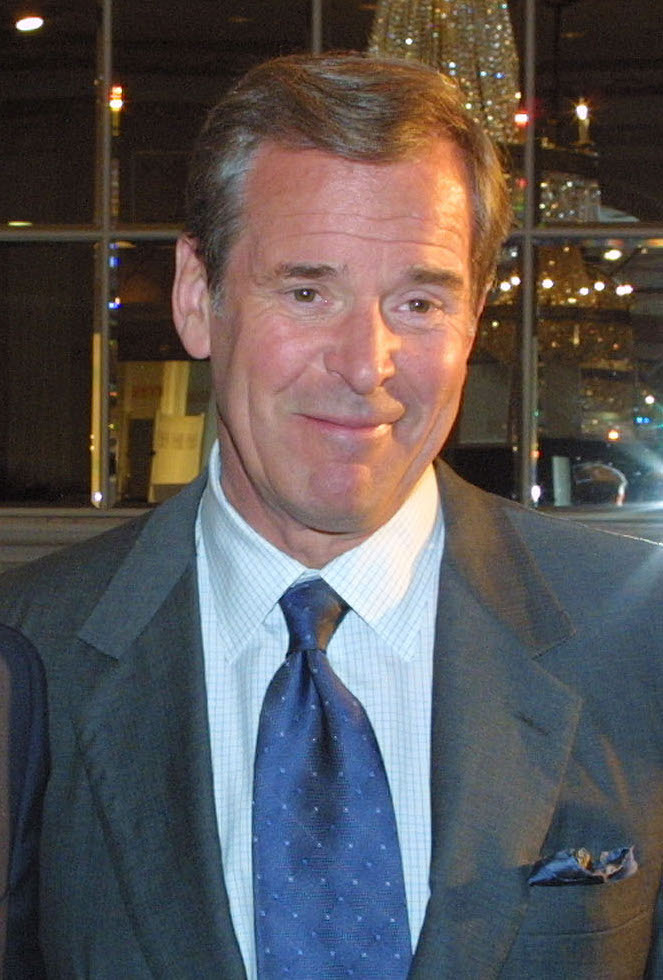



Russia’s invasion of Ukraine, the COVID-19 pandemic and the Jan. 6 riot at the U.S. Capitol have something in common — all are steeped in and fueled by disinformation, false narratives and censorship.


Peter Jennings at the 61st Annual Peabody Awards Luncheon, in 2002. Photo credit: Anders Krusberg / Peabody Awards
These dangerous forms of misinformation do more than threaten our ability to determine facts from falsehoods; they also threaten our culture. This through line became clear during a panel discussion titled “Truth in Our Time” held in New York City this month as part of a commemoration of the late journalist and ABC Evening News anchor Peter Jennings. David Muir, the network’s current news anchor, moderated the conversation, which featured Javier Hernández, a culture reporter at The New York Times; Gillian Tett, editor-at-large, U.S., of the Financial Times, and Alexander Shelley, music director of Canada’s National Arts Centre Orchestra.
The Centre sought to honor Jennings, a native of Canada, for his commitment to reporting the truth, and commissioned a work by composer Philip Glass for the event. Glass’ Symphony No. 13 had its U.S. premiere at Carnegie Hall the evening of the panel discussion. Muir, who worked at ABC News during Jennings’ tenure, said the day’s theme evoked the iconic journalist’s character and values. “Peter Jennings had a devotion to the truth, to fact-checking,” he said.
Muir began the afternoon’s discussion by asking, “How can we try breaking through the competing forces of what is news, what is the truth, what is the role of culture?”
Tett, who was a Ph.D. student living in the Soviet Union in the 1990s during the Tajikistan civil war, saw firsthand how totalitarian governments silence dissension and terrorize citizens. “I got that knock on the door at midnight when the KGB went house to house,” she said. One family she knew held on strongly to their culture throughout the upheaval. “They used music to express their creativity and communicate from East to West at the intersection of the Silk Road,” Tett said. “Music can be a bridge. And I hang onto the hope that music can be a bridge.”
Hernández described how, in addition to news reporting, music and culture can tell the stories of people living through war and oppression. “It’s about the power of the individual, the power to connect people, shine a light on the truth,” he said, recalling how a musician once told him, “I play my music because music reminds me that we are all human.”
Hernández said this underscores how suppression of free speech directly impacts the arts. “Any attack on free press and journalism is an attack on musicians, books, music,” and all arts and culture.
Because art, like journalism, can express the truth, understanding that both play important roles in upholding a free society gets at the heart of news literacy. And it underscores why being news-literate matters more than ever.
Previewing the evening’s concert, Shelley said that Glass “jumped at the chance” to write a symphony on the theme of truth, with other works in the program also addressing the impact of autocratic regimes on culture from a historical perspective. The Violin Concerto by Erich Wolfgang Korngold was written in 1945, after the composer, an Austrian Jew, fled the Nazis. “He wrote this piece when the Nazis fell and wouldn’t write it beforehand. It represents the scales falling from the eyes,” Shelley explained.
During this same time, Soviet dictator Joseph Stalin asked composer Dmitri Shostakovich to write a patriotic piece to mark the end of World War II. Given the crimes of the regime, Shostakovich felt he could not write something patriotic, Shelley said. Instead, he wrote something very different. “This piece is sardonic, sarcastic. It speaks to the feeling of living in tyranny.”
The night’s encore, a late addition to the program, brought the audience back to the present and the deadly war in Ukraine. “We Do Exist” was written by Ukrainian composer Yuri Shevchenko based on the country’s national anthem. The selection acknowledges what is happening in Ukraine in a way that made it terribly real. Shevchenko died of pneumonia in a Kyiv basement last month, as the city prepared for a possible attack by Russian forces, Shelley told the audience.